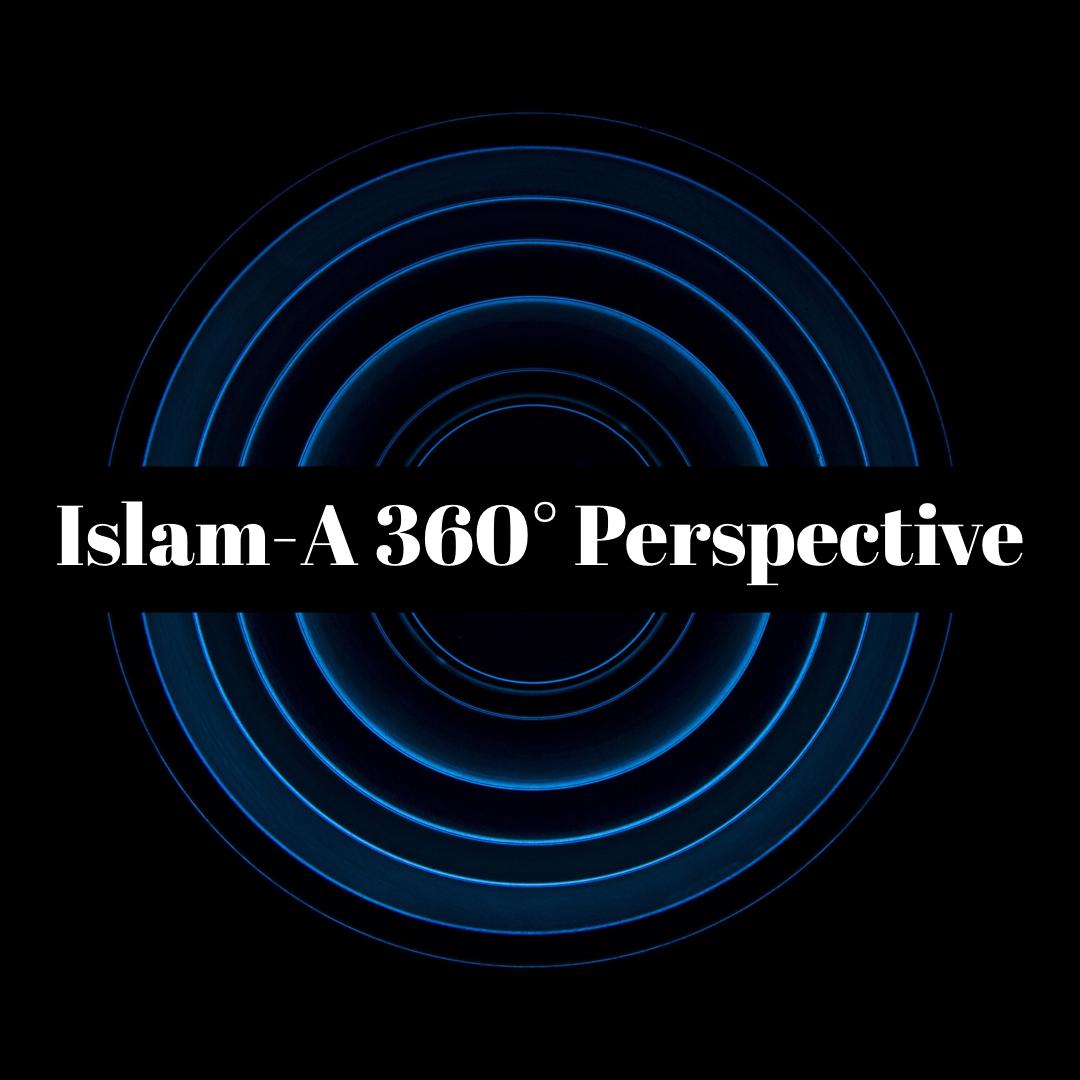
Most people consider religion to be between God and the “spiritual self.” However, Islam is a religion that goes beyond this. It provides guidelines for every walk of life. It stipulates the rights of people, their duties to one another and how they should go about on a day-to-day basis, and emphasizes the role of an individual in the community and vice versa.
Islam is a monotheistic, leading world religion that calls people to worship one God (Allahﷻ ). It calls towards belief in destiny, the angels, the holy books, free will (for which they will be held accountable), the fact that everything good or bad comes from Allah ﷻ, and the Last Day. Once a person accepts this, he enters into the fold of Islam and surrenders himself/herself to Allah and is now called a Muslim.
Muslims begin their day by waking up on their right side and supplicating thanks to Allahﷻ for keeping them alive to see another day. They then proceed to make wudu to offer Fajr or pre-dawn prayer. Wudu consists of washing one’s hands, mouth, nose, face, feet, etc. It is both an act of cleanliness and spiritual purification as it washes away the minor sins of a believer.
With the world currently grappling with a pandemic, the stress placed on washing hands and feet comes as no surprise to a Muslim as they do it every day, five times a day. Islam elevates cleanliness to be half of faith.
“The Messenger of Allah ﷺ said: Cleanliness is half of the faith…”
[Sahih Muslim 223]
Once wudu is complete, Muslims stand together in horizontal lines, shoulder to shoulder, in prayer to Allahﷻ . This act resonates unity and equality amongst the performers of Salah (prayer), where even a king and a slave stand together in the sight of Allah ﷻ.
Prayer is performed five times a day, and Muslims schedule their lives around this. It teaches them punctuality, makes them realize the importance of time, and restores their faith in Allah with each performed prayer.
Muslims are encouraged to do good deeds as much as they can, with “enjoining good and forbidding evil” being the basic principle. These good deeds include (but are not limited to) visiting the sick, helping the elderly, removing a stone or thorn from people’s paths, offering a hand to one in need, being kind, charity, etc. It leads to them being conscious of their actions, which will eventually decide their final destination between hell and heaven.
Islam gives Muslims a sense of purpose in life, i.e., to worship Allahﷻ and obey His Prophetﷺ , which makes them almost immune to mental health issues as they have answered the decisive question of the purpose of their existence.
Allah ﷻ says:
“I created the jinn and humankind only that they might worship Me.”
[Quran 51:56]
Islamic teachings have proven to have psychological benefits as well. Positive psychology has only recently emerged, and it consists of focusing on the positives in peoples’ lives. Islam already has this down when it highlights counting one’s blessings and being grateful for what they have. Anxiety, depression, OCD, etc., are all combated with the remembrance of Allah ﷻ and repenting back to Him.
Islam also focuses on the cohesive unity, and talks of the well-being of the community taking precedence over an individual. But of course, when each individual of that community is governed by the laws of Shariah and held accountable and punishable for their actions, this straightens out the community altogether, thus eradicating mischief and evils present in society.
It even has rulings on economic sanctions, interest, trade, banking, investing, inheritance, etc., that ensure that all matters are dealt with justly.
Islam is a complete religion, it covers every single detail of human life and every interaction with the environment. It provides principles to discipline the lives of its followers and to attain the ultimate goal of the hereafter.
Written by: Shafia Jameel
Edited by: The Editorial Team
© The Islamic Reflections Blog
